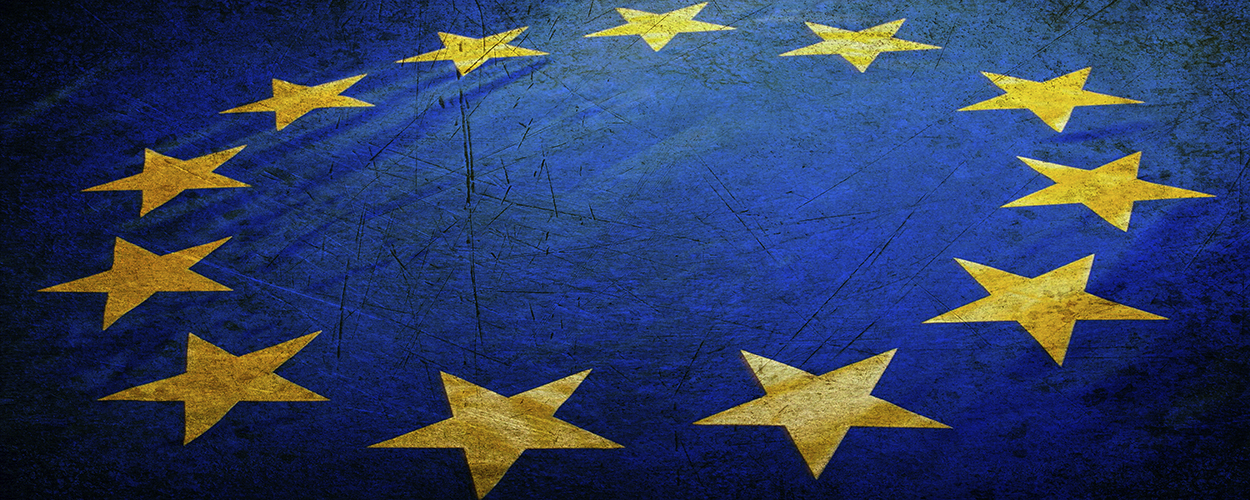This website uses cookies so that we can provide you with the best user experience possible. Cookie information is stored in your browser and performs functions such as recognising you when you return to our website and helping our team to understand which sections of the website you find most interesting and useful.
Business News Labels & Publishers Legal
EU songwriters hit out at US royalties exception
By Chris Cooke | Published on Wednesday 9 November 2016

Hey Americans, let’s talk about one of the tedious technicalities of your copyright regime shall we? I mean, it’s not like you’ve got anything else to be talking about this morning, is it? Yep, it’s just another dull Wednesday.
A new report reckons that an exemption in American copyright law that means that some bars, shops and restaurants Stateside playing music via a radio or TV set don’t need a public performance licence costs songwriters and music publishers in the US and European Union $150 million a year. Which is an “unacceptable negative impact on authors”, say reps for said songwriters and publishers.
As you all know, because you’ve been paying attention to all of CMU’s copyright reporting over the years, if you play music in a public space – whether that music is played live or it’s a recording – you need a licence from the music industry because you are exploiting the ‘public performance’ control of the copyright.
When it comes to public performances of recorded music, usually you need two licences: one to cover the song copyrights and another to cover the separate recording copyrights. Though in the US, the sound recording copyright doesn’t have a general performing right, so those instigating public performances of recorded music there only need a licence from the songs side of the music industry, which they will normally secure via the collective licensing system.
However, they don’t even need that if they are a restaurant or bar smaller that 3750 square foot, or a shop smaller than 2000 square foot, and they play music via TV or radio, rather than from a CD player or similar. Bigger establishments may also be exempt depending on what equipment they are using to play the tunes.
This is because of a bit of late 1990s copyright law in the US, which provided the exemption for smaller bars, restaurants and shops playing music radio or TV. The European Commission quickly argued that the exemption was in breach of global intellectual property treaties to which the US is signed up, and the World Trade Organisation subsequently concurred. As a result, in 2003 and 2004 the US paid compensation to a European Union fund that in turn benefited songwriters. But no such payments have followed since then.
GESAC, which represents European songwriter collecting societies, commissioned PMP Conseil to assess what royalties are lost to the songs industry as a result of the exemption, and the Chair of Irish collecting society IMRO presented the results to the International Council Of Creators Of Music yesterday.
GESAC says the research included “a wide survey of US bars, restaurants and retail establishments to gauge their use of music, and the effect of the exemption on revenues for authors in Europe and the US”, concluding it costs US songwriters and music publishers $109 million a year, while their European counterparts lost $44 million each year.
GESAC says a delegation of songwriters now plans to meet with the European Commission to ask them to pressure the US to bring its copyright law inline with the international treaties it has signed. GESAC GM Véronique Desbrosses says: “The European Union and the United States are currently holding talks, although fragile, over trade agreements where the harm caused by this exemption needs to be raised and addressed. We expect this study to have a significant effect on the weight of the issue”.
Perhaps this issue could be included somewhere down the bottom of the peace treaty we’ll agree at the conclusion of the impending World War Three. Well done America, well done.





